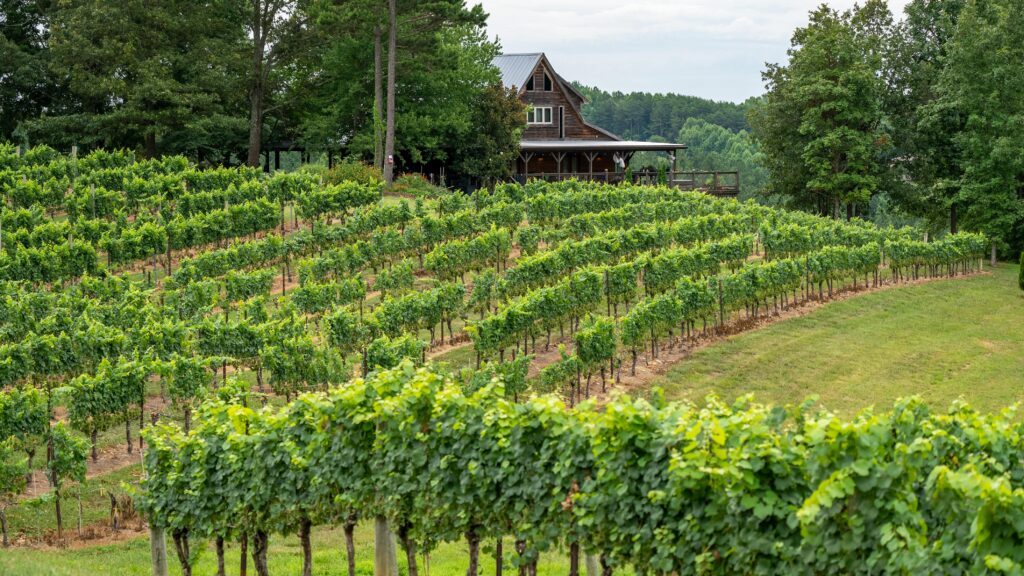Georgia’s dramatic geography means that within just a few hours, you can move from snowcapped peaks to subtropical forests, and from semi-deserts to alpine lakes. And much of it is still untouched.
- Protected Areas: Georgia is home to 14 strict nature reserves, 12 national parks, and several managed reserves and natural monuments. In total, over 11% of the country is protected land, ensuring that ecosystems remain healthy and biodiversity thrives.
- Borjomi-Kharagauli National Park: One of the largest in Europe, this park offers marked trails through ancient woodlands, quiet valleys, and remote ridgelines—ideal for multi-day hikes and peaceful retreats into nature.
- Lagodekhi Protected Areas: Located at the foot of the Greater Caucasus, this is a hotspot for biodiversity and a perfect destination for eco-travelers interested in hiking, birdwatching, or simply soaking in lush green serenity.
🐾 2. Rich Biodiversity & Rare Wildlife
Georgia sits at the intersection of multiple climate zones and is a biodiversity hotspot, home to hundreds of endemic plant and animal species.
- Birdwatching Paradise: Over 330 bird species can be found here. The Chorokhi Delta and Kolketi Wetlands are key stopovers for migratory birds, making Georgia a dream destination for birdwatchers.
- Caucasian Wildlife: The mountains are home to rare species such as the Caucasian tur, lynx, brown bears, and even the elusive leopard. Trekking through regions like Tusheti and Khevsureti may give you a rare glimpse into their wild world.
- Marine & Wetland Ecosystems: The coastal regions around the Kolkheti National Park are perfect for eco-tours by kayak or boat through swampy forests and lagoons, teeming with aquatic life and exotic birds.
🚶♀️ 3. Sustainable Adventure Tourism
Eco-tourism in Georgia goes beyond sightseeing—it’s about immersive, low-impact experiences that connect travelers to both nature and local communities.
- Hiking & Trekking: Georgia is a world-class trekking destination, especially in regions like Svaneti, Racha, and Kazbegi. Trails often pass through traditional villages, giving you a taste of authentic highland life.
- Wild Camping & Glamping: The country’s relaxed wild camping laws and off-grid accommodations make it easy for travelers to stay close to nature while minimizing environmental impact.
- Eco-Lodges & Community Tourism: Many eco-lodges, guesthouses, and community-based tourism initiatives have emerged in recent years, promoting local economies while prioritizing sustainability.
🌍 4. Commitment to Conservation
Georgia’s eco-tourism growth has come hand-in-hand with a growing national awareness of conservation and sustainable development.
- Green Initiatives: NGOs and local governments have teamed up to implement reforestation projects, clean energy developments, and responsible tourism campaigns—many of which welcome volunteer involvement.
- Cultural Preservation: Traditional agricultural practices, architecture, and crafts are also preserved as part of Georgia’s eco-tourism philosophy. Many eco-routes include farm stays or artisan workshops, allowing visitors to support and engage with local heritage.
- Educational Tours: Several organizations offer eco-education trips, including wildlife conservation workshops and organic farming experiences.
🍇 5. Farm-to-Table & Organic Traditions
In Georgia, eco-tourism isn’t just about the landscapes—it’s also about what’s on your plate.
- Organic Farming: Rural life remains largely organic by tradition, with many families growing their own produce, making wine in clay qvevri, and raising animals on open pastures.
- Slow Food Movement: Georgia’s culinary culture is deeply rooted in the rhythms of nature. Whether it’s fresh khachapuri from a village oven or wild herbs foraged in the mountains, eating here is an eco-conscious, deeply sensory experience.
- Agro-Tourism: Visitors can stay on working farms, join harvests, learn to bake traditional bread in a tone oven, or take part in seasonal celebrations tied to the land.
✨ Final Thoughts: Georgia, Naturally Authentic
Eco-tourism isn’t just a trend in Georgia—it’s a natural way of life. The country’s deep respect for nature, love of tradition, and emerging commitment to sustainability make it a unique and meaningful destination for eco-conscious travelers.
So if you’re seeking a place where you can hike through wildflower-strewn valleys, sip organic wine under a star-filled sky, and feel truly connected to the earth and its people—Georgia is calling.
Let your journey be light on the land and rich in experience. 🌱

